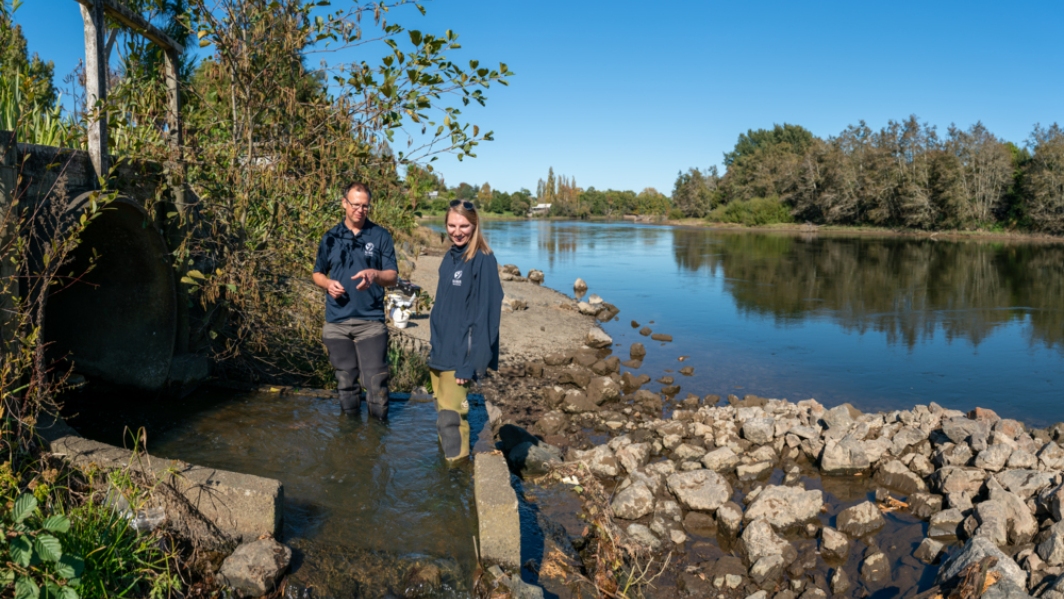-
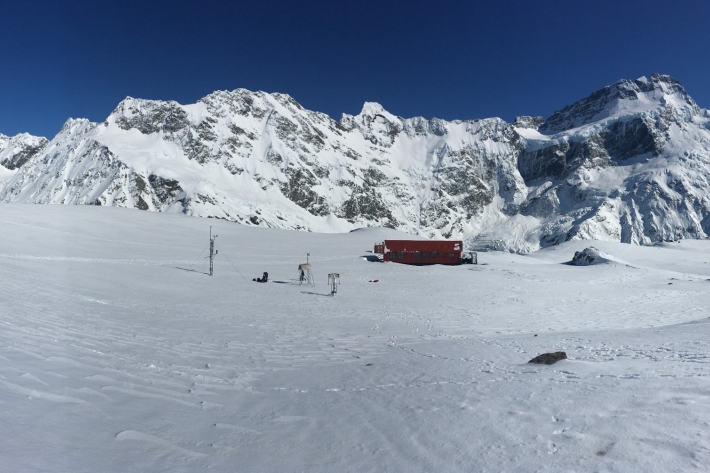
Mueller Hut electronic weather station (EWS)
Mueller Hut electronic weather station is at 1818m elevation and located in Mount Cook/Aoraki National Park. This site also measures solic precipitation and solar radiation. This is the deepest (~3m) of all the snow and ice network sites and records at this site start from 2010. -
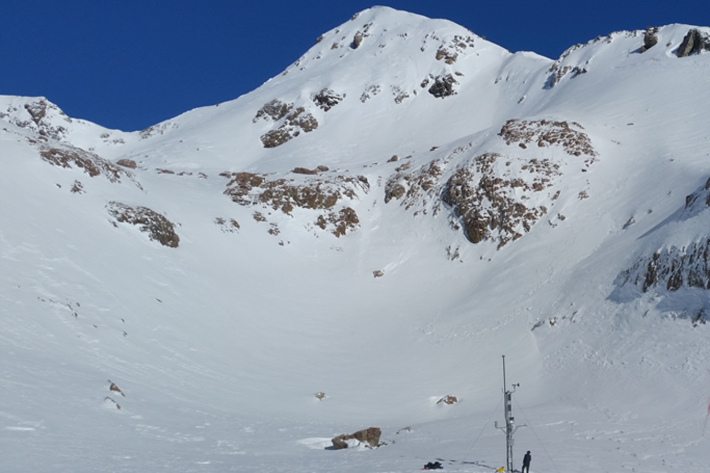
Mount Philistine electronic weather station (EWS)
The Mount Philistine site is located at 1655m elevation on the Main Divide near Arthurs Pass and Rolleston Glacier. It is a high precipitation area and snow records here start in 2010. -
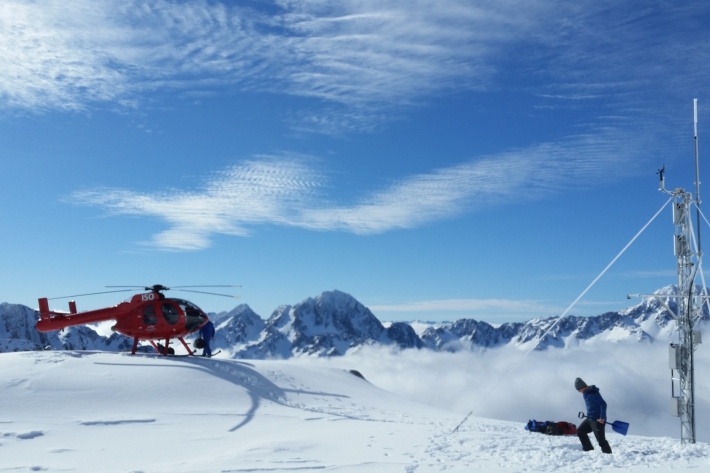
Mahanga electronic weather station (EWS)
Mahanga electronic weather station (EWS) is on Mount Mahanga in Tasman. It is at 1940 m elevation near the Nelson Lakes. It's our most northerly South Island site and our snow records here date back to 2009. -
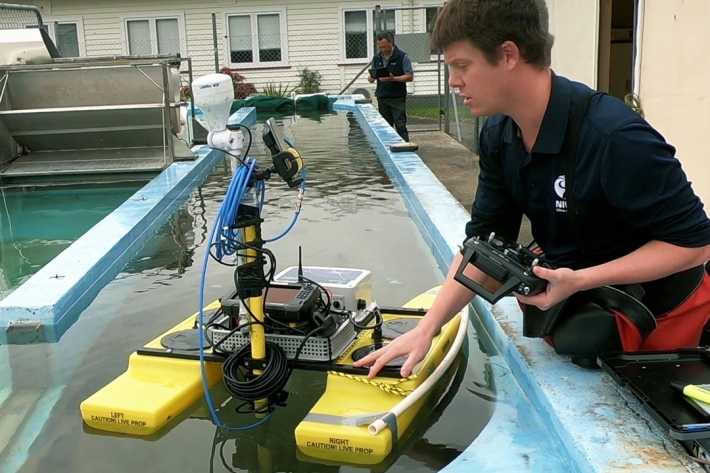
New weapon in fight against invasive aquatic weeds
Media release20 July 2021A combination of artificial intelligence and scientific ingenuity looks set to be the next step forward in protecting Aotearoa New Zealand’s lakes and rivers from invasive aquatic weeds. -

Trustpower's Waipori power scheme
or over 100 years Trustpower's Waipori power scheme has supplied Dunedin with hydroelectric power. -

NIWA calculates 1:200 year flood for parts of Canterbury
Media release14 June 2021Preliminary analysis by NIWA climate scientists has shown that the recent Canterbury rainfall was so extreme in some inland places that it could be expected to happen only once every 200 years. -

Field teams and forecasters cover monumental rainfall event
Feature story09 June 2021The prodigious rainmaker that hit Canterbury earlier this month saw NIWA field teams out in the elements collecting flood data from bridges, cableways and jetboat gaugings. -
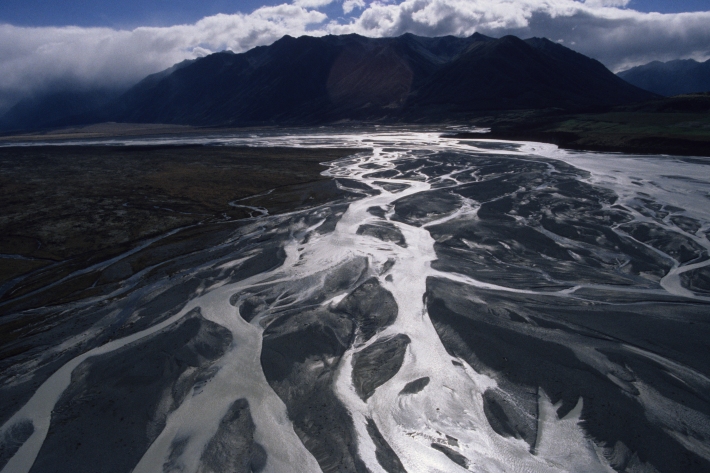
eFlows Explorer
Research ProjectThe eFlows Explorer webtool is designed to aid broad-scale river flow management planning across New Zealand -
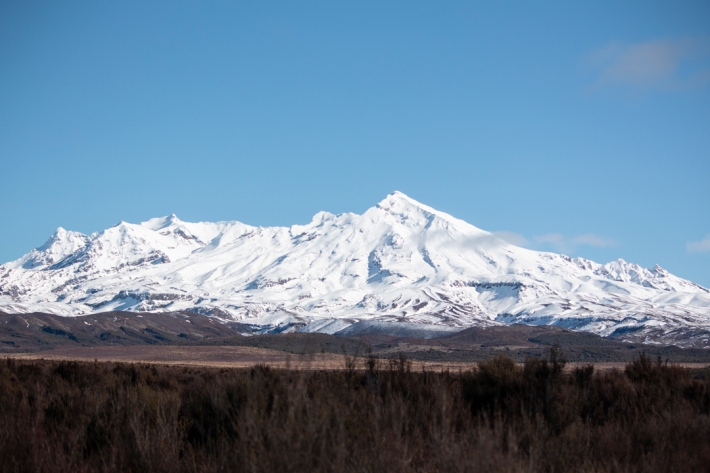
NIWA seeks help from skiers and snow bunnies
Media release24 May 2021A NIWA scientist is asking for the help of skiers, mountaineers and alpine professionals to collect snow for a new research project. -
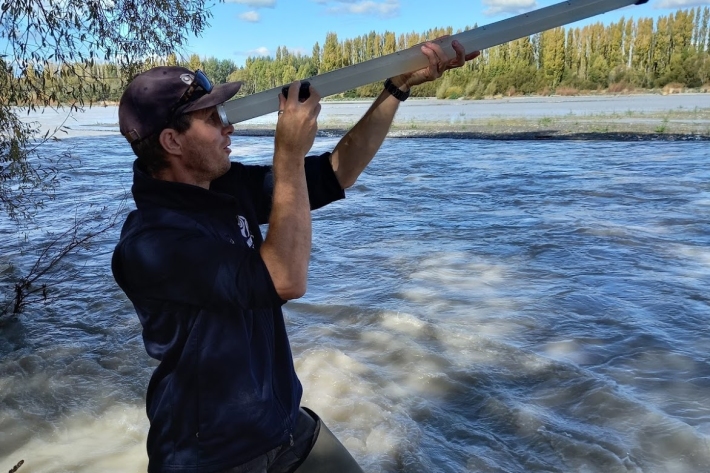
NIWA in the field: Sampling the Waimakariri
Feature story19 May 2021Environmental monitoring technician Patrick Butler has spent hours travelling between the upper and lower reaches of Canterbury’s Waimakariri and Hurunui Rivers. His mission – river water quality sampling. -

Keeping tabs on muddy waters
Feature story11 February 2021Sam Fraser-Baxter heads out with a NIWA research team keeping a close eye on these vulnerable transition zones. -
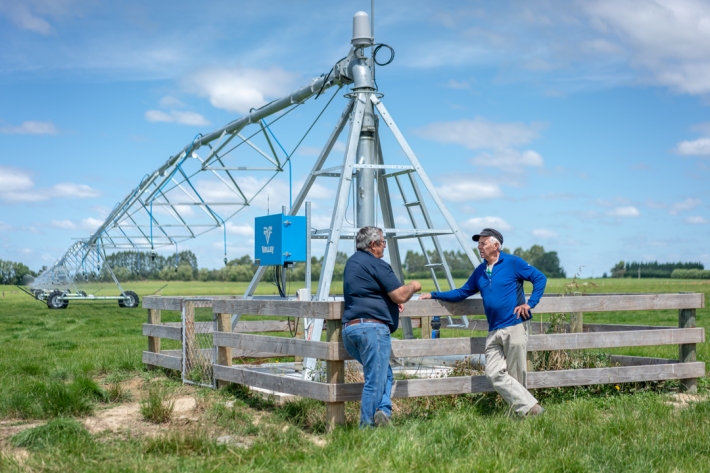
The future shape of water
Feature story11 February 2021Susan Pepperell looks at some of the tough decisions looming around access to freshwater and how science is helping with solutions.

